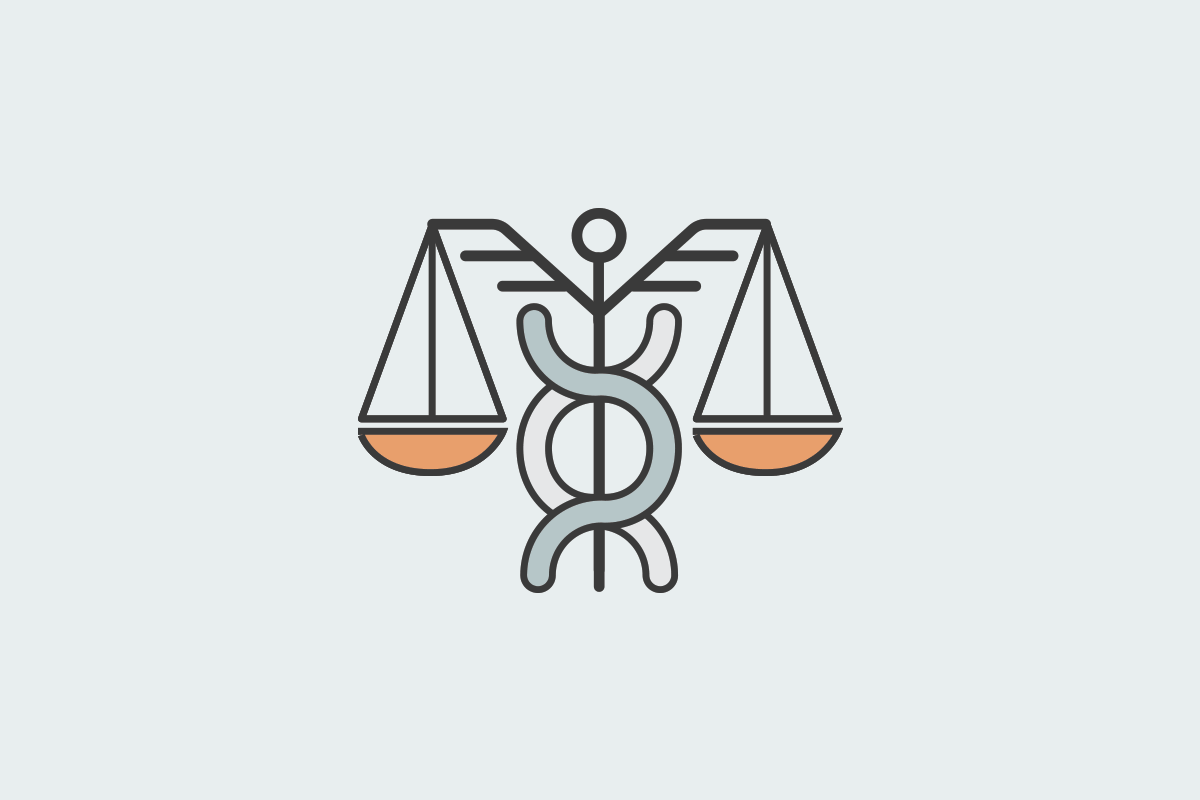Building a sense of belonging in the workplace is crucial for employee well-being and performance. Discover five strategic steps, applicable even for remote workers, that not only reduce turnover and sick days but also foster a strong culture of support. From addressing cultural differences to prioritizing mental well-being, these steps provide a roadmap for employers to create a workplace where every employee feels valued and connected.
Your Welcoa membership has expired.
EEOC Issues Notice Indicating It May Issue Proposed Revised ADA Rule in June 2019
The following article does NOT constitute legal advice and should not be used as such. It is for educational purposes only. Readers should retain legal counsel to obtain definitive answers.
On October 17, 2018, the Equal Employment Opportunity Commission (EEOC) issued notice RIN 3046-AB10 and RIN 3046-AB11 indicating its timetable for promulgating proposed rules under the Americans with Disabilities Act (ADA) and the Genetic Information Discrimination Act (GINA). Specifically, the EEOC indicated that it may issue proposed rules under the ADA regarding workplace wellness incentives by June 2019. These proposed rules would revise the ADA wellness incentive rules (originally issued in May 2016) “based on the court’s order, as well as the statutory requirement to issue regulations to implement title I of the ADA.” See, e.g., RIN 3046-AB10.
The “court order” referenced by the EEOC notice is the order issued by the District of Columbia District Court in the AARP v. EEOC case. As previous blog posts have explained, the court in the AARP v. EEOC case vacated as of January 1, 2019 the ADA and GINA wellness incentive rules that currently allow employers to tie a maximum incentive of 30% of the total cost of self-only coverage to the provision of health information through wellness program activities. As of January 1, 2019, those incentive maximums go away, leaving employers to guess what incentive amount, if any, they can tie to health information collection activities in wellness programs and still meet the “voluntary” requirements under the ADA and GINA.
The EEOC’s latest notice provides a timeline for new rules that may offer additional guidance as to what incentive amount employers may still consider to fall within the “voluntary” requirements under the ADA and GINA. Proposed rules may be released by June 2019, but any proposed rules will not become final until after a comment period, as well as consideration of those comments by the EEOC. That process will take until at least 2020 before the EEOC issues final rules.
Nevertheless, any proposed rule would likely be welcome by the employer community. The proposed rules will offer some guidance, though unofficial, as to what incentives, if any, employers can tie to health information collection activities.
Ideally, the proposed rules would be released after the Senate confirms the current nominees to fill the vacancies on the Commission, as well as the General Counsel position. Employer groups have been lobbying the U.S. Senate to confirm the nominations of three EEOC Commissioners and the EEOC General Counsel. One reason for the push to confirm is so that the employer groups can receive clarity on employee wellness program rules. See https://www.bna.com/trumps-eeoc-takeover-n73014476247/. The business community is hopeful that having a majority of Republicans as EEOC Commissioners, which would be the case should the Senate confirm the current nominees, will translate to more employer-friendly wellness rules. Id. Now that the mid-term elections are over and the Republican party controls more of the Senate than before the mid-term elections, a confirmation hearing could occur before the EEOC releases any proposed rules.

Barbara J. Zabawa
President of the Center for Health and Wellness Law, LLC
wellnesslaw.com
Health Promotion Program Legal Updates*
Every 3rd Wednesday from 10:00–11:00 AM CT
*This is an exclusive WELCOA Member Resource.




